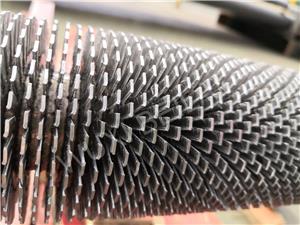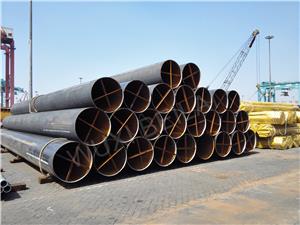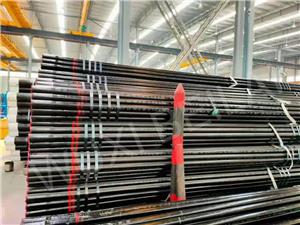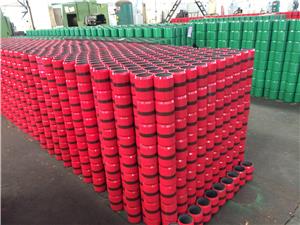What makes deepwater oil and gas exploration so difficult?
Deepwater oil and gas exploration is a technically complex, high-risk, and expensive project. As global energy demand continues to grow, the development of deepwater oil and gas resources has become increasingly important. However, deepwater oil and gas exploration faces many challenges, making it one of the most difficult areas of modern engineering technology.
1. Geological complexity
The geological structure of deep water areas is extremely complex and the depositional environment of rock formations is changeable, which greatly increases the difficulty of exploration. Geological conditions determine the location and state of oil and gas storage. Deep sea areas often have complex geological structures such as faults and salt domes, which require high-precision geophysical exploration technology to analyze. In addition, the high-pressure and high-temperature conditions in deep-sea underground formations place extremely high demands on drilling equipment and materials, requiring special materials and technologies to cope with these extreme environments.
2. Technical Challenges
Drilling technology:
Deepwater drilling requires the use of state-of-the-art drilling technology and equipment, such as dynamically positioned drilling platforms and ultra-deepwater drillships. Not only are these devices expensive to build, but they are also very complex to operate and maintain. For example, a dynamic positioning system must maintain the stability of a drilling platform under strong deep-sea current conditions, which requires a highly sophisticated control system and a large amount of computing power.
Well control system:
When drilling in a deep sea high-pressure environment, it is necessary to ensure the stability of the wellbore and prevent accidents such as blowouts. This places strict requirements on drilling mud and well control systems, which require real-time monitoring and adjustment of downhole pressure through advanced technical means to ensure the safety of the drilling process.
Remote control equipment:
Deep-sea exploration also requires a large number of remotely operated vehicles (ROVs) and autonomous underwater robots (AUVs) to conduct seafloor operations. These devices must be able to work for long periods of time in the high-pressure, low-temperature environment of the deep sea, and must have sophisticated operational capabilities to complete complex tasks..
3. Environmental factors
The marine environment in the deep sea area is extremely harsh, including strong winds, large waves and currents, which poses a huge challenge to the safe and stable operation of offshore operating platforms and equipment. Especially in areas with water depths exceeding 3,000 meters, low temperatures and complex seabed topography increase the difficulty of operations. In addition, environmental monitoring and emergency response in deep seas are much more complex than in shallow waters, and any environmental emergencies may cause huge economic and environmental losses.
4. High cost
The costs of deepwater oil and gas exploration and development are very high, including the rental costs of drilling platforms, maintenance costs of exploration equipment, and operating costs of offshore operations. The cost per meter of drilling in deep water may be several times or even dozens of times that in shallow water. Due to the high risk nature, exploration failure may lead to huge economic losses, which requires companies to make large upfront investments and risk assessments, and prepare for possible failures.
5. Environmental protection
Deepwater oil and gas development may have a significant impact on the marine ecological environment. Any leakage or oil spill accident will cause long-term damage to the marine ecosystem. Therefore, strict environmental protection measures and emergency plans need to be adopted to reduce the impact on the environment. This not only increases technical difficulty but also increases operating costs. For example, environmentally friendly drilling fluids must be used during drilling operations and drilling cuttings and waste fluids must be safely disposed of. In addition, companies need to establish a complete oil spill emergency response system and conduct regular drills to deal with possible emergencies.
6. Technology and talent needs
Deepwater oil and gas exploration requires a highly specialized technical team, including geologists, drilling engineers, marine engineers and other experts. These professionals not only need rich theoretical knowledge, but also need to accumulate a lot of experience in practical operations. The training of technical personnel and the accumulation of professional knowledge is a long-term process, which further increases the difficulty and cost.




